Powell and Pressburger’s least remembered Forties film is shrouded in Blitz darkness, deepening in the warped flat where alcoholic weapons expert Sammy (David Farrar) stares at a whisky bottle as if it’s a bomb. Following the vivid English fantasias of A Matter of Life and Death (1946), Black Narcissus (1947) and The Red Shoes (1948), The Small Back Room turned to haunted psychological and social realism, veined with tension, humour and bleak beauty.
Based on Nigel Balchin’s wartime bestseller, it is set during spring 1943’s mini-Blitz, as a new sort of booby-trapped bomb needs defusing. Sammy is bitterly and painfully aware of his lost foot (one may imagine a wartime wound, but Balchin specifies illness). This makes him, as he says, a “perfect swine” to Susan (Kathleen Byron), his likely cohabiting lover and colleague at the Research Division’s titular redoubt. Farrar was the maddening object of Byron’s nun’s desire in Black Narcissus; his roistering, rapacious squire in the Archers’ West Country Gothic romance Gone to Earth (1950) was another charismatic cad. Byron is more saintly than her lust-crazed Sister, but their relationship, in a crepuscular jazz club (with real jazzers Ted Heath and Kenny Baker) and the other small back room of Sammy’s flat, is pained and sensual. A long kiss, Susan’s purposeful shucking of her coat and unseen loving on his sofa, is erotic relief in blackout darkness, even as the ringing phone calls him back to war.
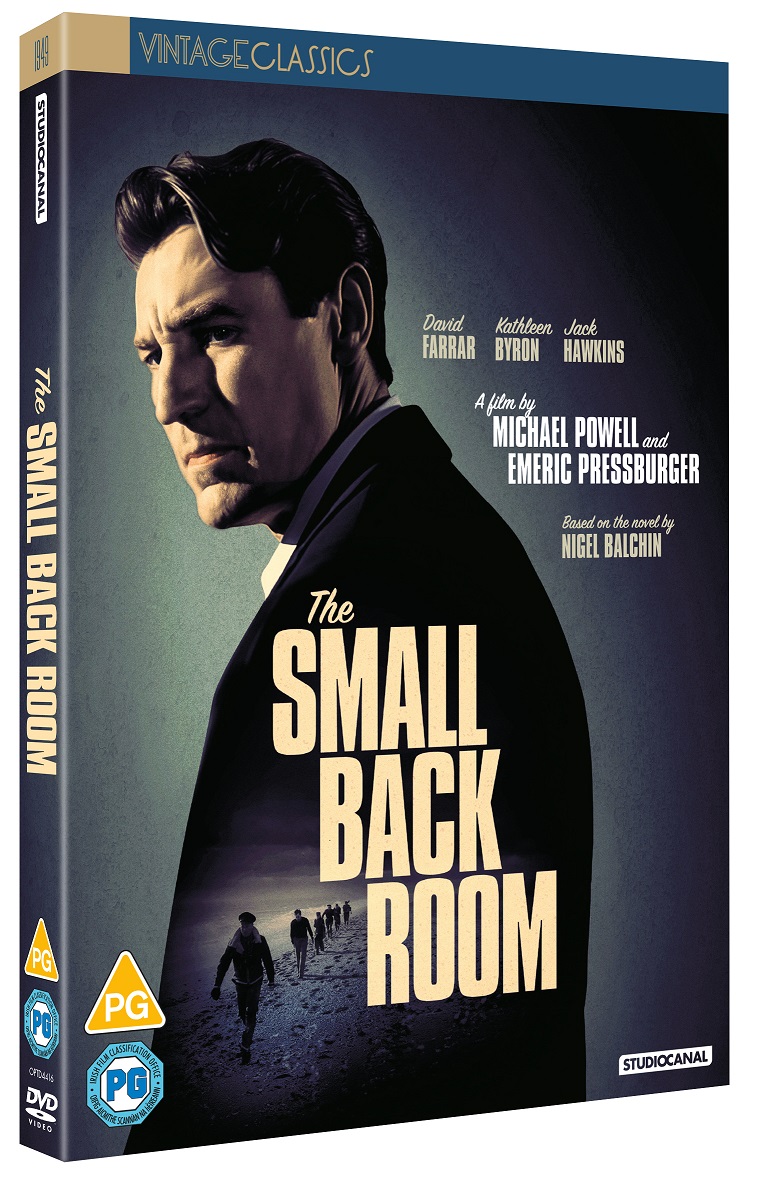 This war proceeds as office politics, in a perfectly cast London corner. Jack Hawkins is the department’s insincere salesman boss with a big, shit-eating grin (pictured second right, below), Cyril Cusack a psychologically scarred explosives expert, and debuting Patrick Macnee, decades before his John Steed pomp, is glimpsed hungrily grinning at life. Michael Gough is a quietly devoted soldier, Robert Morley a brightly buffoonish minister (pictured second left, below); and Sid James is landlord at the Lord Nelson, which practically reeks of smoke, beer and wartime wildness.
This war proceeds as office politics, in a perfectly cast London corner. Jack Hawkins is the department’s insincere salesman boss with a big, shit-eating grin (pictured second right, below), Cyril Cusack a psychologically scarred explosives expert, and debuting Patrick Macnee, decades before his John Steed pomp, is glimpsed hungrily grinning at life. Michael Gough is a quietly devoted soldier, Robert Morley a brightly buffoonish minister (pictured second left, below); and Sid James is landlord at the Lord Nelson, which practically reeks of smoke, beer and wartime wildness.
Sammy’s surreal battle with addiction, as wallpaper crawls with clocks and a giant whisky bottle towers, is a brief eruption of the fantastic. Elsewhere, the Archers’ location shooting again roams Britain’s strange corners. Generals are arrayed between Stonehenge’s menhirs; a dying teenage soldier (debuting future British film mainstay Bryan Forbes) is ruthlessly interrogated in barren North Wales. And on Dorset’s Hardy-beloved, shingled, unstable Chesil Beach, the camera shudders as hungover Sammy steadies his hands and tin foot to defuse a bomb, over 17 excruciating, Hitchcock-worthy minutes.
Powell and Pressburger’s other Forties black-and-white war film in England, A Canterbury Tale’s old, weird Kentish pilgrimage, is much brighter, its fields’ sunlit green imminent. Daylight here is for dealing with weaponry. As several authorities in this release’s extras note, The Small Back Room is really a British noir. Farrar’s Sammy is hunted by demons, and closer to the same year’s The Third Man, and the doomed Soho grifter of Night and the City (1950).
Byron’s Susan helps redeem and mature him. Equally moving is an officer’s tactile, comradely affection for Sammy’s sweaty Chesil Beach heroics. A female soldier’s tearful recital of his cheerful, blown-up predecessor’s last moments honour’s the time’s sacrifice.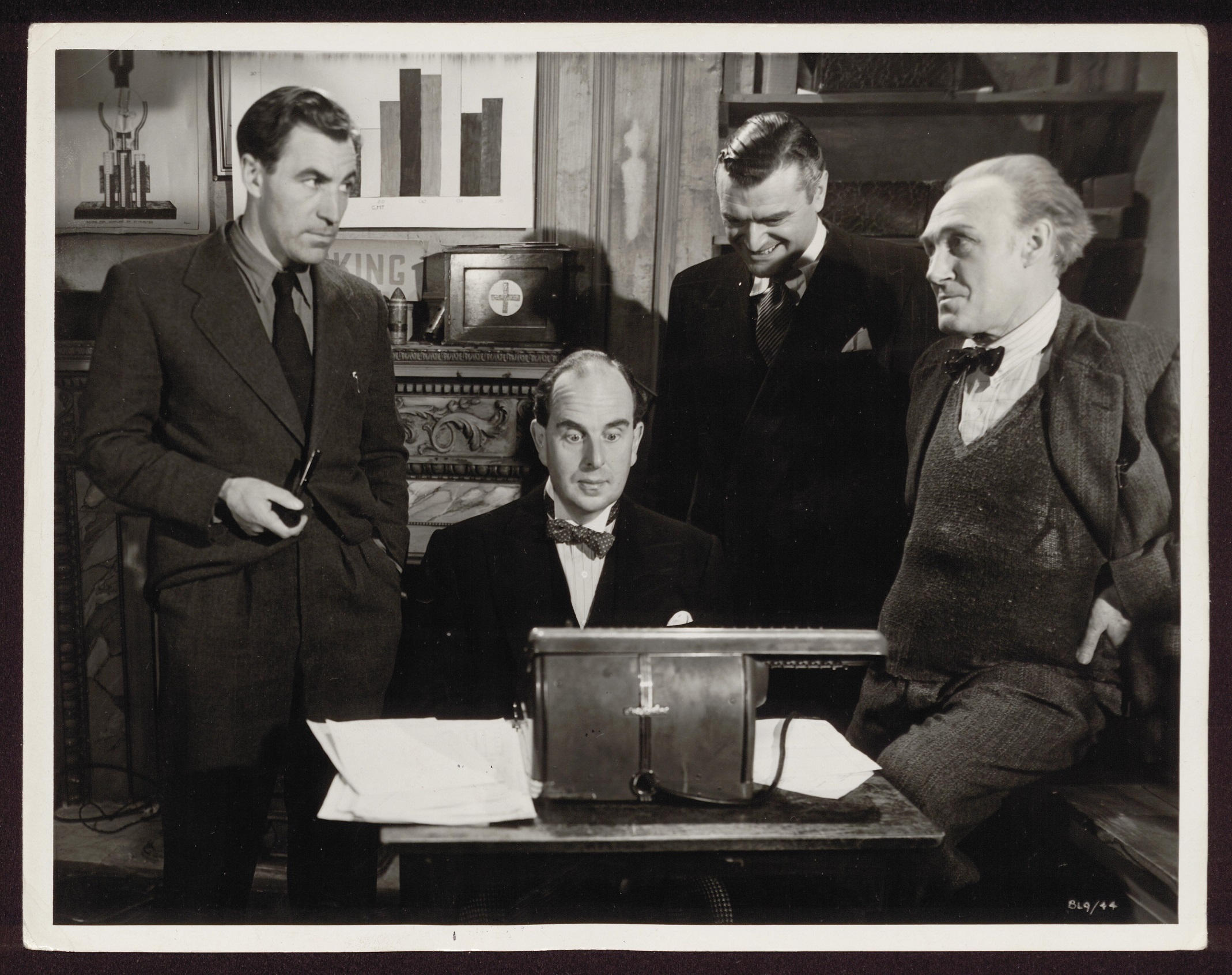 The Small Back Room was an unwelcome reminder of wartime darkness for postwar audiences who stayed away, though critics for once loved the Archers sans magic and wonder. It is an intense adjunct to their Forties classics, switching between stark open space and cloistered confines - subtle and strange, gloomy and true, as it defuses an English psyche’s ticking bomb.
The Small Back Room was an unwelcome reminder of wartime darkness for postwar audiences who stayed away, though critics for once loved the Archers sans magic and wonder. It is an intense adjunct to their Forties classics, switching between stark open space and cloistered confines - subtle and strange, gloomy and true, as it defuses an English psyche’s ticking bomb.
This disc is an important, immaculate restoration, after years when Archers treasures have circulated on disc and TV in tatty prints. Its loveliest extra is The Making of an Englishman, Kevin Macdonald’s 1994 Channel 4 film on his grandfather Emeric Pressburger. He is in time to visit the Pressburgers’ abandoned, former Habsburg empire home in Miskolc, Hungary, meet a former schoolfriend and a woman charming, teenage Emeric dated at a Garbo film. He is, though, hounded through anti-Semitic Europe between the wars. “You go forward, or you die,” his soft-spoken screenwriter friend Curt Siodmak, who fetched up in Hollywood, says. “If I had thought about it, I wouldn’t have survived.”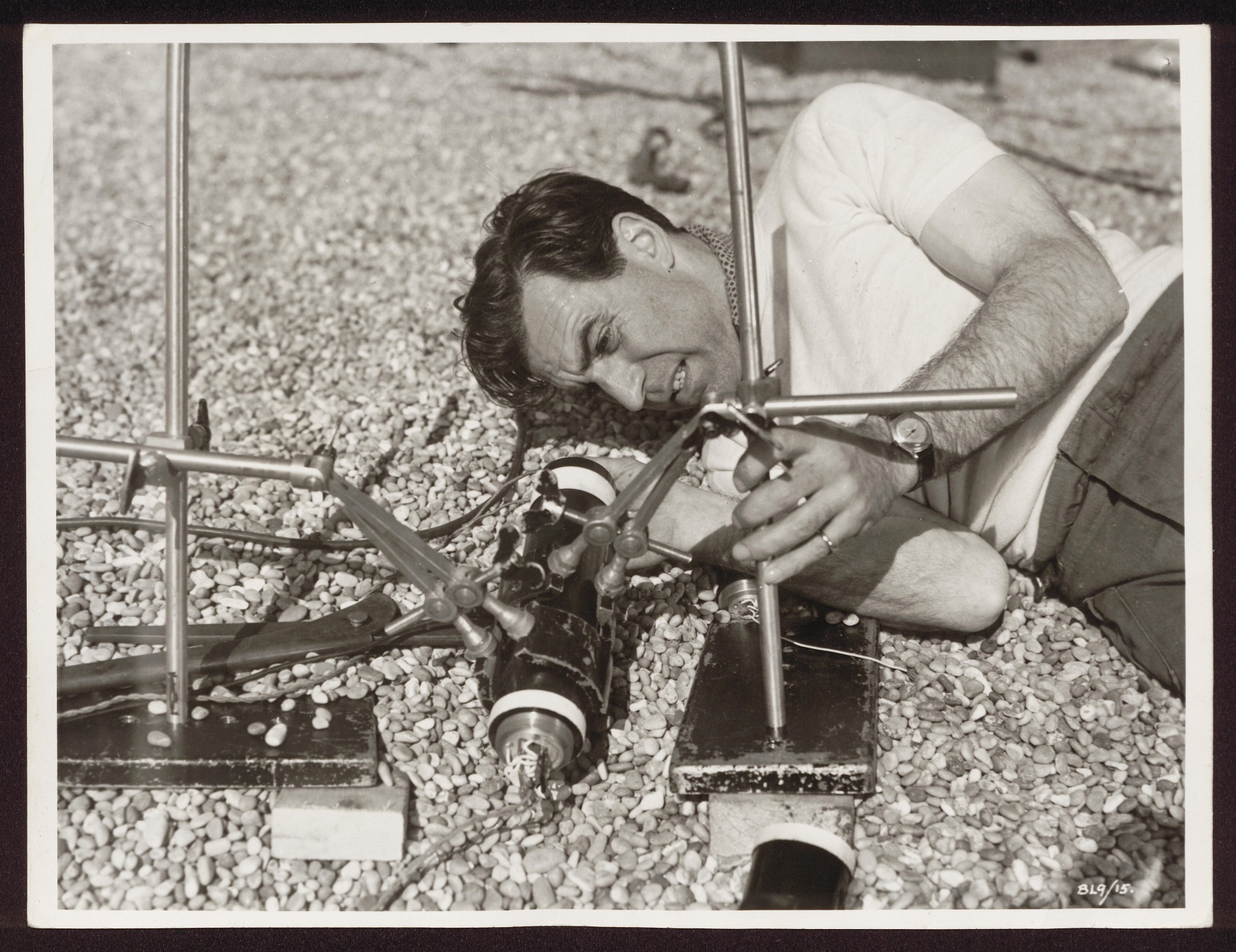 Macdonald shows how Anton Walbrook’s great speech in Blimp as an interred German traces Pressburger’s desperate past and profound, grateful bond with England. He told Archers cinematographer Christopher Challis (whose separate, 2008 Criterion Collection interview is also here): “You were just born English. I chose to be.” Macdonald’s searching film finds gold in the current, immigrant head porter at the Marble Arch hotel Pressburger once called home, who notes: “London swallows you.” Refugee Pressburger rewarded his sanctuary with perceptions of a gracious, marvellous Britain wondrously catalysed with Powell, ending his days in a thatched Suffolk cottage. He discovered that most of his family had been murdered in the Holocaust as A Matter of Life and Death premiered. Ninety percent of Miskolc’s 14,000 Jews were exterminated. No wonder the Archers’ romantic anti-fascism and elevated Englishness sweeps you away.
Macdonald shows how Anton Walbrook’s great speech in Blimp as an interred German traces Pressburger’s desperate past and profound, grateful bond with England. He told Archers cinematographer Christopher Challis (whose separate, 2008 Criterion Collection interview is also here): “You were just born English. I chose to be.” Macdonald’s searching film finds gold in the current, immigrant head porter at the Marble Arch hotel Pressburger once called home, who notes: “London swallows you.” Refugee Pressburger rewarded his sanctuary with perceptions of a gracious, marvellous Britain wondrously catalysed with Powell, ending his days in a thatched Suffolk cottage. He discovered that most of his family had been murdered in the Holocaust as A Matter of Life and Death premiered. Ninety percent of Miskolc’s 14,000 Jews were exterminated. No wonder the Archers’ romantic anti-fascism and elevated Englishness sweeps you away.

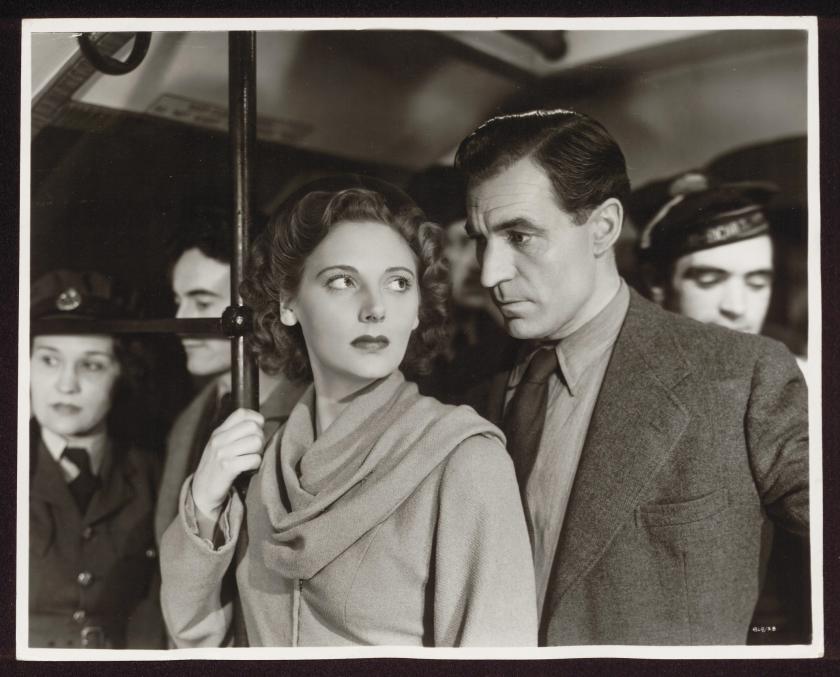





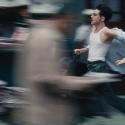







Add comment